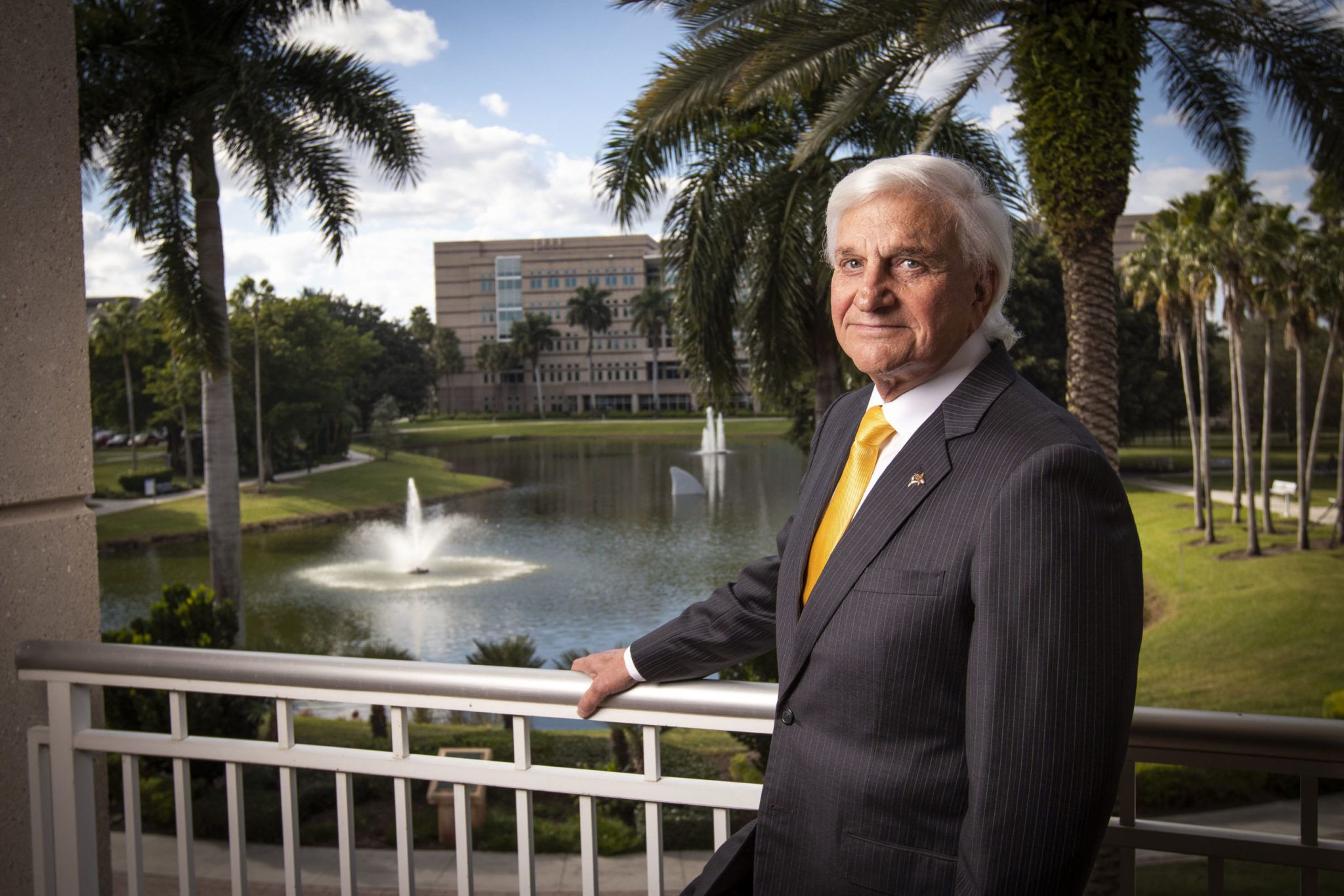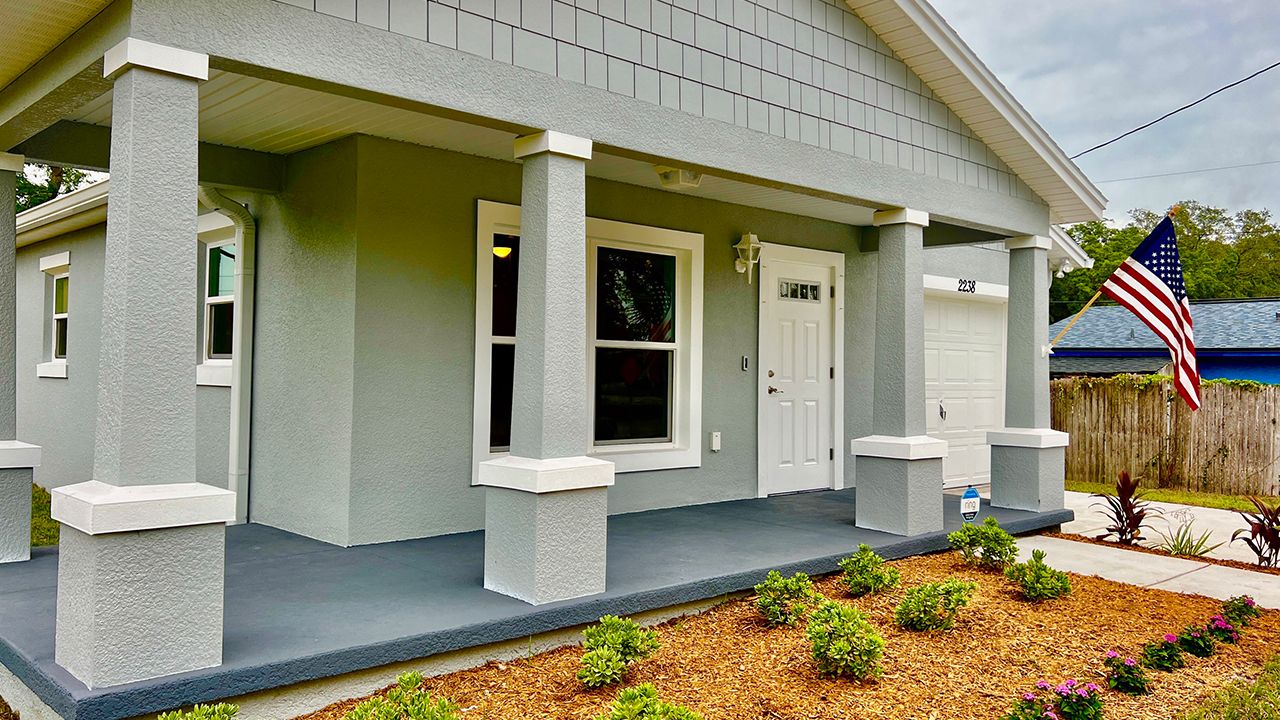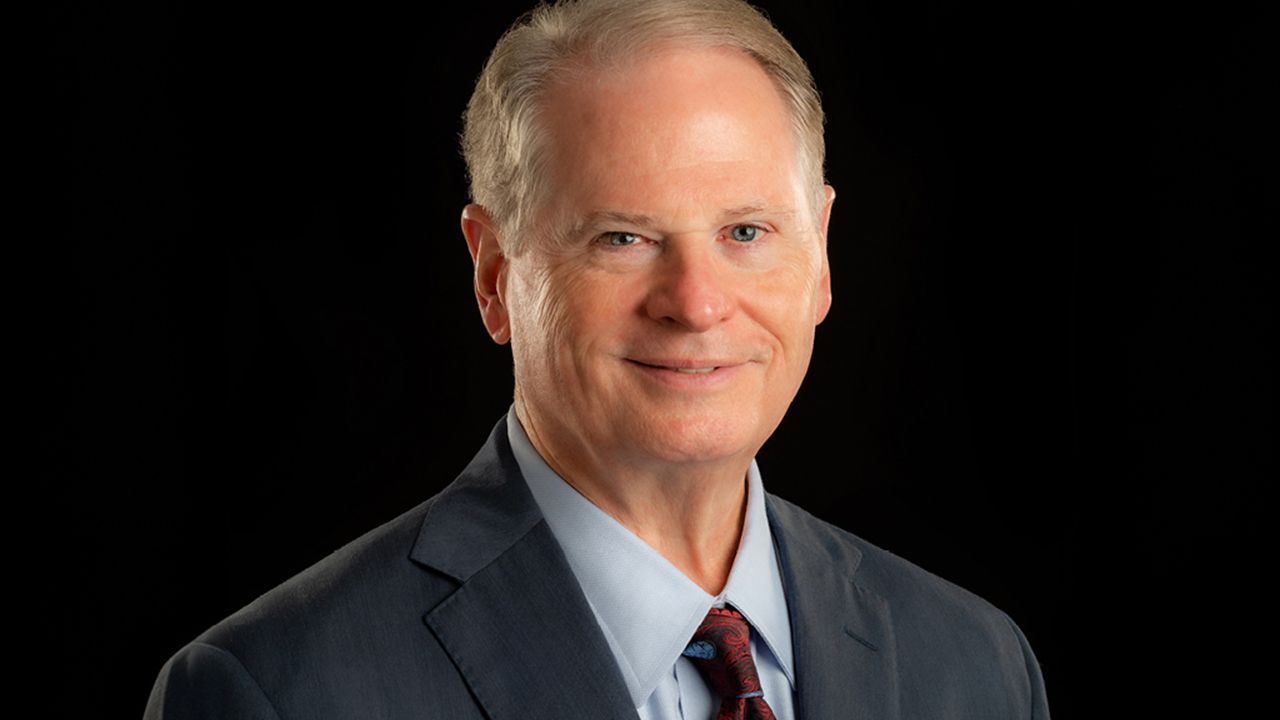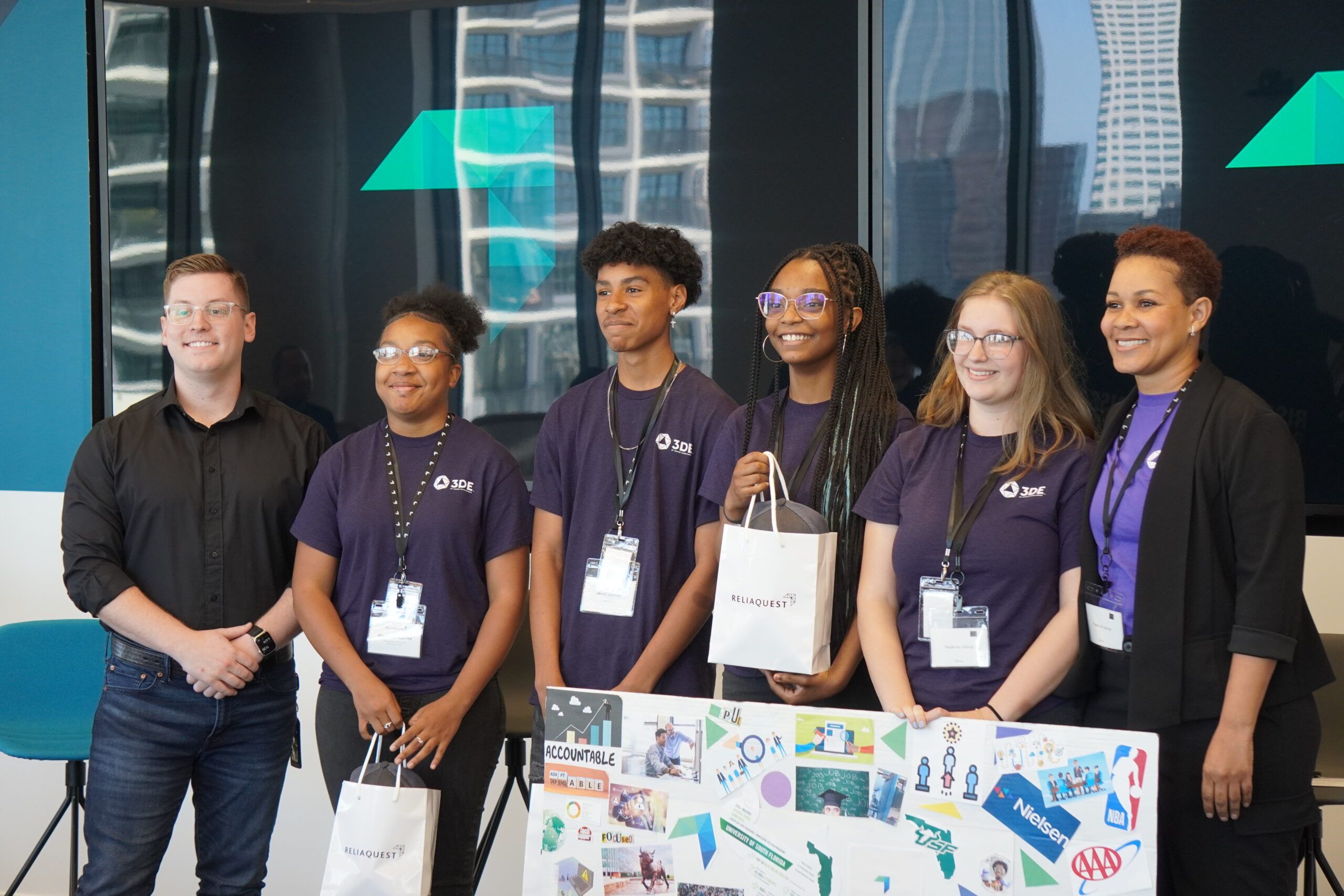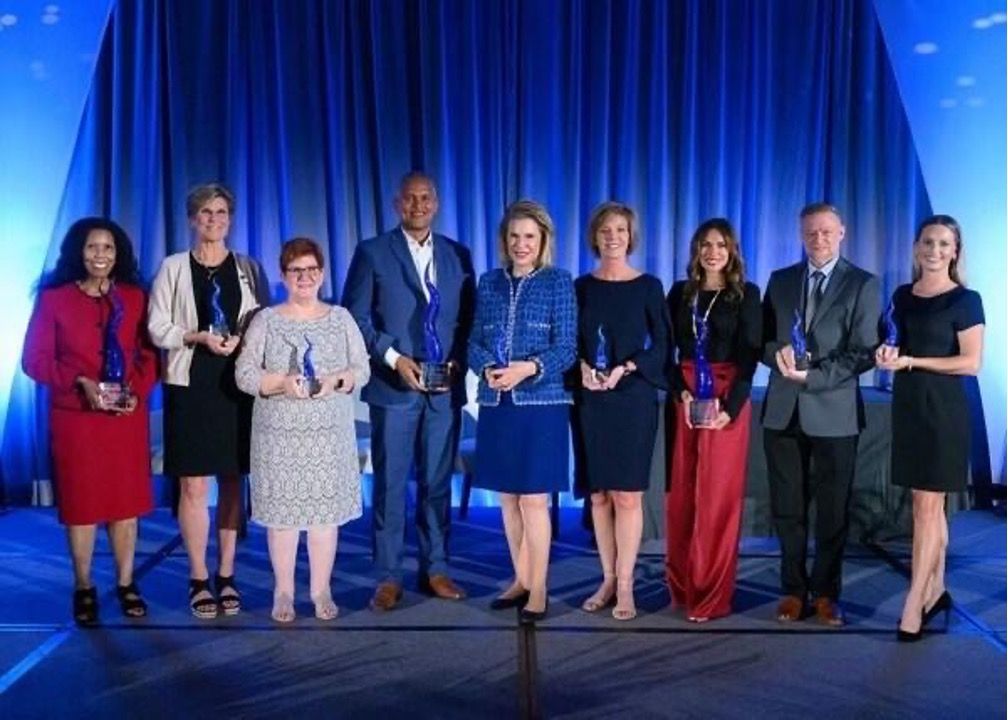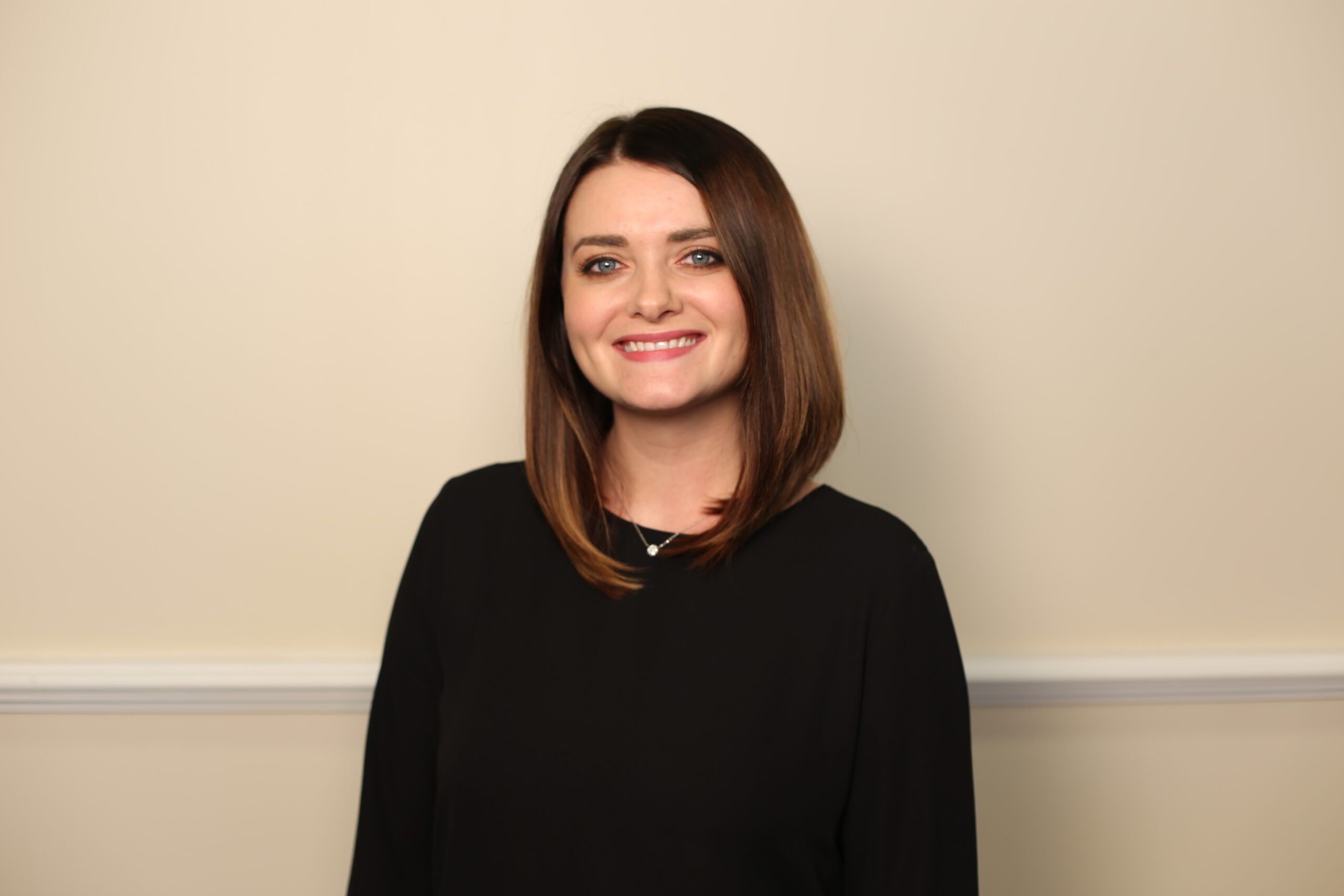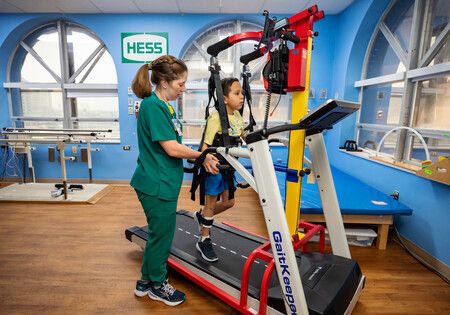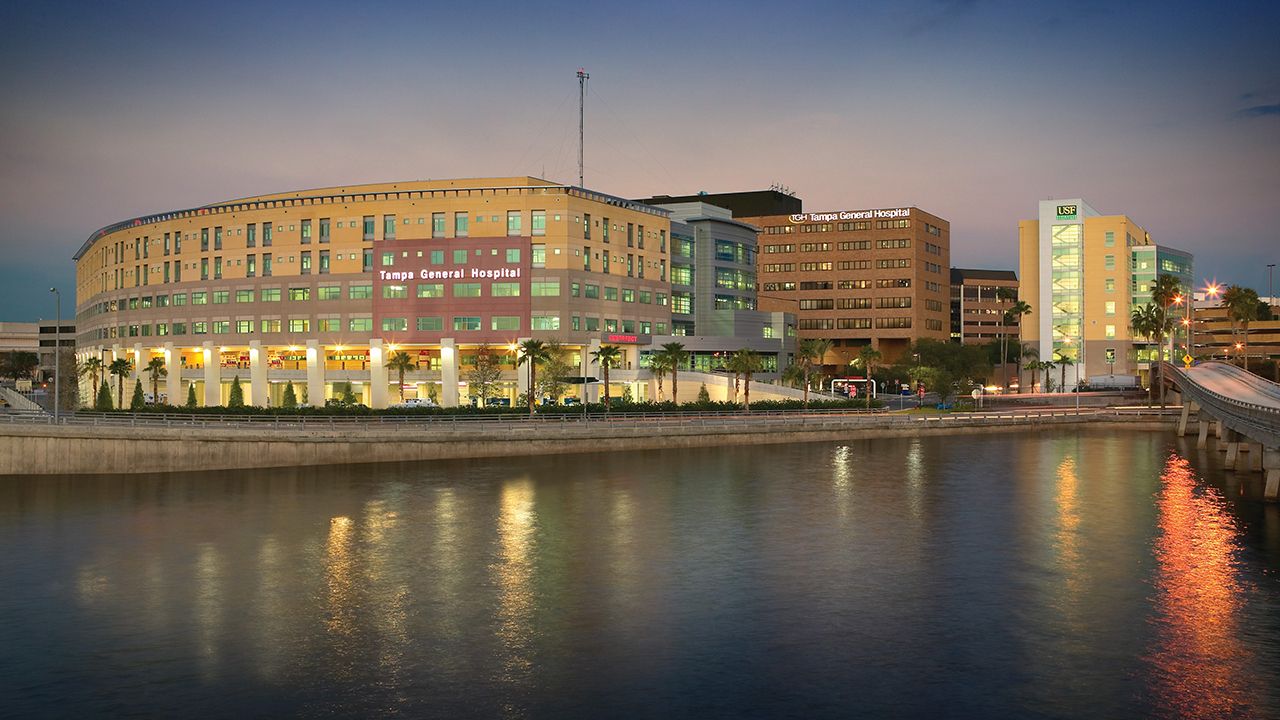Either of George L. Hanbury’s two careers would be considered remarkable achievements. For 30 years, he was a city manager, where tenures are often short-lived amid the volatility in local politics. He started as an assistant manager in Norfolk, in his native state of Virginia, and worked in Portsmouth and Virginia Beach before serving as city manager in Fort Lauderdale.
He then became executive vice president and chief operating officer at Nova Southeastern University, which opened a Tampa Bay regional campus in Clearwater, funded by Drs. Kiran and Pallavi Patel in 2019. Hanbury was elevated to president and CEO in 2011, giving him 21 years as a top leader in academia.
Hanbury’s measured cadence of speech is that of a Southern gentleman. He is a big fan of Southern writers and Thomas Jefferson. He’s typically addressed as “Dr. Hanbury,” reflecting his doctoral degree in public administration from Florida Atlantic University.
This is an excerpt from an interview from TBBW’s sister publication South Florida Business and Wealth. It has been edited for brevity, clarity and continuity.
Many universities are experiencing declining enrollment, but NSU welcomed its largest freshman class this year, 1,900 students, and has doubled the number of undergraduates in five years. Plus, student SAT scores are up 75 points from a few years ago. How have you been able to accomplish this and what are some of the other approaches?
Well, we became more selective. Our No. 1 undergraduate program is biology. It used to be business.
All of our programs, whether they are law, or business or education, have a spin. For instance, we have an MBA in complex health care systems. So, we have many top administrators of hospitals throughout the state who are in our MBA program in complex health care systems. We have both the medical school and the business school collaborating together to create a degree like that or bioinformatics in our engineering and computer science area. So, what we have seen is that in all of our graduate programs, we have practically 100 percent of our graduates getting gainful employment. As such, we have probably one of the lowest default rates [on student loans] in the state and definitely in the nation. We are less than a 3 percent default rate.
What fact about NSU do you think would most surprise readers?
They probably don’t realize we have 5 million square feet for classrooms and laboratories and that we are predominantly graduate. We are a doctoral research university. We’re the only university that has both D.O. and M.D. (osteopathic medicine and allopathic medicine) in the state and that we have seven regional campuses from Jacksonville; Orlando; Tampa; Palm Beach; San Juan, Puerto Rico; and Miami. We are almost a $1.6 billion balance sheet. We are close to a $4 billion economic impact in the state. With the development of the academical village, we will be close to a $7 billion economic impact from the hospital, to the hotel, to the residential, retail and office buildings that will be built there—all integrated into a doctoral research university.
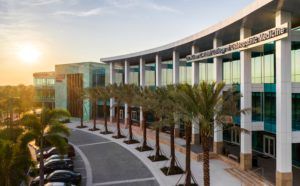
You are really having dramatic growth in educating doctors.
What we have is 250 D.O. students on the South Florida campus and then through the generosity and philanthropy of Dr. Kiran C. Patel, we’ve expanded into Tampa Bay. He built us a 311,000-square-foot center, the size of the library, on 27 acres right on Tampa Bay, where we will also have 150 new D.O. students. We have 50 M.D. students which will expand, after full accreditation, to 125. So, we got 150 over in Tampa Bay and today 250 on this campus (D.O.s and M.D.s). So that’s 400 and another 125. That’s 525 physicians a year that will be receiving their degrees. I don’t know of any other university in the nation that awards that many degrees to physicians.
I seem to remember you also have a lot of student diversity.
We are a minority-majority university. We are right at 30 percent Hispanic or Latino. We’re about 30 percent African American or black, 30 percent Anglo and Asian is about 10 percent and growing, especially Indian Asian with one of our major benefactors being Dr. Patel. I just came back from India, with Dr. Patel and signed a memorandum of understanding with an engineering college. They get their undergraduate there, but they don’t have graduate programs in engineering and computing. So, for this MOU, 25 students coming from Gujarat, which is the state where Gandhi was from in India, will be coming here every year to get their master’s or doctoral degrees in computing and engineering. Dr. Patel has built two hospitals in India, as well as a school, and he wishes to expand our osteopathic medicine into India and grow NSU to be global, not just in the seven areas of the state. By the way, without our regional campuses, we could not offer all of the health profession programs that we offer. Every one of the health professions, whether it’s nursing, physical therapy, occupational therapy, medicine, dentistry, pharmacy, requires clinical opportunities in a medical facility. By going into Jacksonville; Orlando; Fort Myers; Tampa Bay; Miami; [and] San Juan, Puerto Rico, we’re able to spread out, so that those students can meet the needs in those areas.
How strong is the university financially?
Moody’s and Standard & Poor’s have been writing that education of the future ought to be like Nova Southeastern University, which is preaching and practicing beyond four years of college because without that, that’s what people are saying is a waste today and you’re not getting your money’s worth. We’ve just increased our bond rating from Moody’s from Triple B-plus to A, and a lot of universities today have a negative outlook. We’re ranked positive with Moody’s, Standard & Poor’s and Fitch. Fitch just put us up to A. Standard and Poor’s is getting ready to make an announcement and Moody’s made us positive, so it’s been good because we’re diversified.
Tell us about some of the university’s research efforts.
The vastness of the research is just mind-boggling. We have a professor researcher who developed an epipill, which is being tested right now, which is basically the same things as an EpiPen, but it’s a sublingual dissolving tablet that is actually quicker, and more effective, and easier to carry around. We’ve gotten some royalties on that. A French company purchased the patent and we’re getting royalties.
We have the Karolinska Institutet, which is Swedish. They award the Nobel Peace Prize. They are doing research in stem cells here with our researchers, so we do a collaboration with Karolinska. We also have a vivarium with mice and rats on the top floor where we need to do research with animals, small animals, and that’s in cancer research. Matter of fact, Dr. Appu Rathinavelu [executive director of NSU’s Rumbaugh-Goodwin Institute for Cancer Research] just got a benchmark for brain tumors for children.
What haven’t we covered?
We are not only a doctoral research university, but we also give back to the community. Community is one of our core values. There are about 3,000 four-year colleges in the country, and we are recognized by the Carnegie Foundation as a national doctoral research university and there are about 400 of those. We want to see ourselves, by 2025, be in the top one-third. We just got ranked by U.S. News and World Report two years ago in the top 200 universities and I want to see us in the top 100-some universities by 2025. I think the key thing that we have that will put us on edge is our emphasis in the health professions and giving back to the community. Carnegie has a designation of a national doctoral research university and they also have a designation of universities that are community-engaged. ♦



